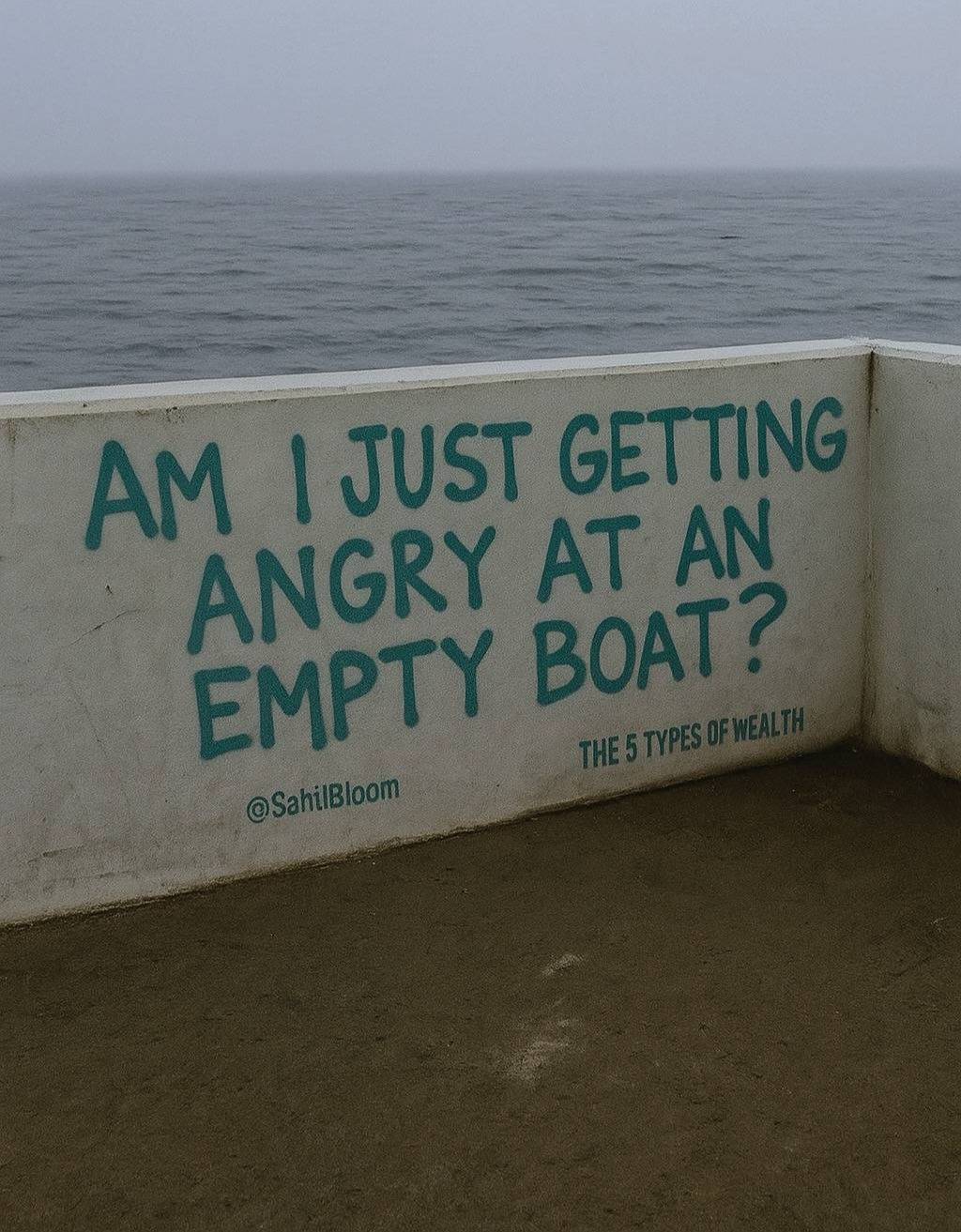The Empty Boat Mindset
Today at a Glance
What’s a Rich Text element?
The rich text element allows you to create and format headings, paragraphs, blockquotes, images, and video all in one place instead of having to add and format them individually. Just double-click and easily create content.
Static and dynamic content editing
A rich text element can be used with static or dynamic content. For static content, just drop it into any page and begin editing. For dynamic content, add a rich text field to any collection and then connect a rich text element to that field in the settings panel. !
- ml;xsml;xa
- koxsaml;xsml;xsa
- mklxsaml;xsa
How to customize formatting for each rich text
Headings, paragraphs, blockquotes, figures, images, and figure captions can all be styled after a class is added to the rich text element using the "When inside of" nested selector system.
Here’s a story I come back to when I’m feeling stressed or frustrated…
A monk goes out on a boat in a small lake to meditate. After a few hours of uninterrupted silence, he suddenly feels the jarring impact of another boat bumping into his.
While he does not open his eyes, he feels the irritation and anger building within him.
“Why would someone do that? Can’t they see me here? How dare they disturb my meditation?”
He opens his eyes, ready to shout at the person in the other boat, only to realize that it is empty. It had come untied from the dock and was floating in the middle of the lake.
In that moment, his anger and frustration disappears. After all, you cannot be angry at an empty boat.
The story offers a powerful lesson, which I call the Empty Boat Mindset:
In life, you’re going to experience countless collisions. With people. With environments. With chance circumstances outside your control. Each of these collisions will threaten to derail you. To stoke the fire of anger, stress, and frustration. To knock you off your path.
The truth is that the negative emotions that grow inside you are rarely from the collision itself, but from your perception of the negative intent behind the collision.
If you convince yourself that every collision is a deliberate action by a bad actor, negative emotions will control your entire life. In others words, your interpretation of the collision creates your own poison.
The Empty Boat Mindset is the reminder that most of these collisions you experience in life are with an empty boat. There is no negative intent. There is no desire to harm. They are simply the random collisions of objects floating along on the lake of life.
Interestingly, when you embrace the Empty Boat Mindset, you reassume control over your own boat. You’re no longer prone to the spiraling emotional effects of chance collisions. You are a seasoned explorer, ready to adapt to whatever the seas throw your way.
So, the next time you feel a collision and find your negative emotions growing, pause and ask yourself a simple question:
Am I just getting angry at an empty boat?
















